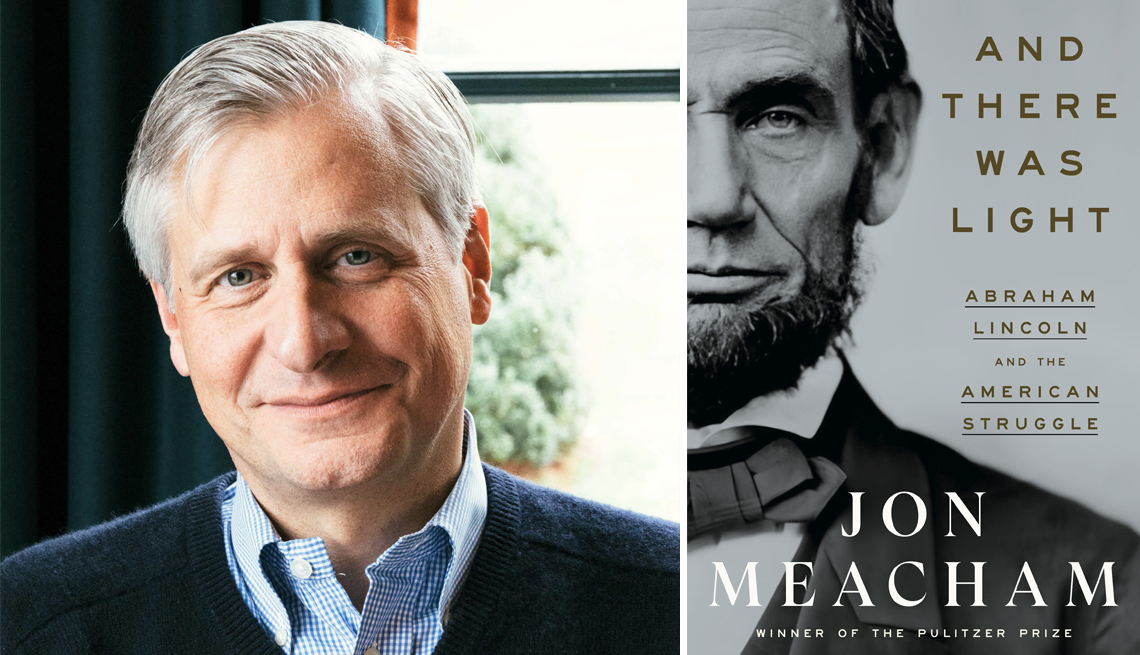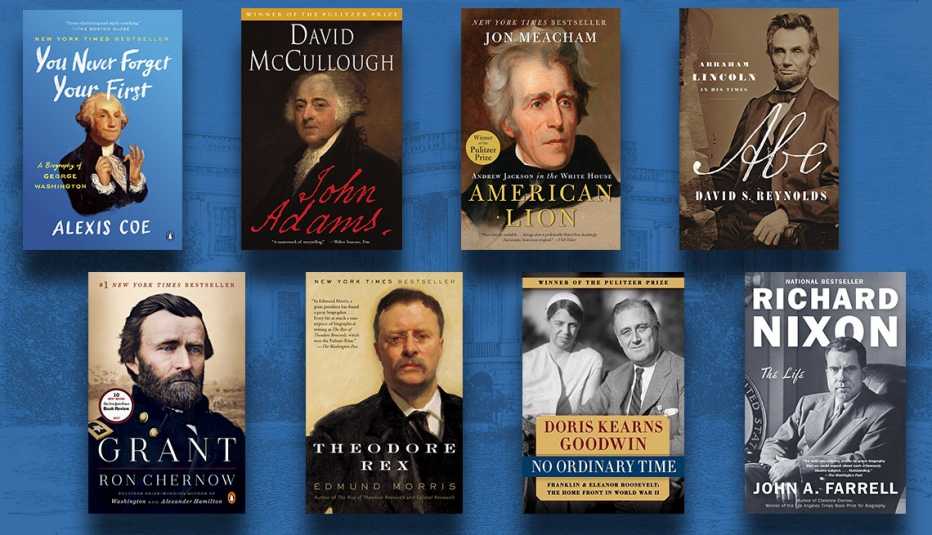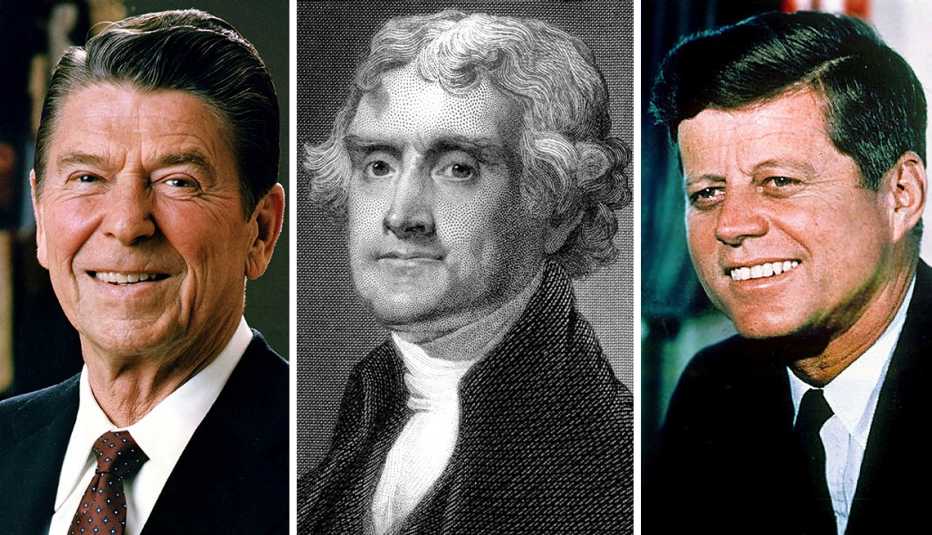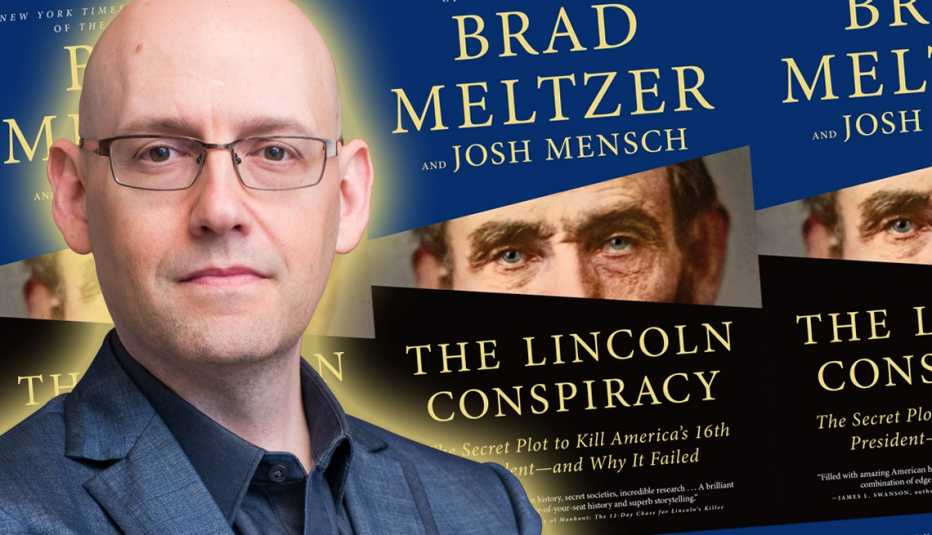AARP Hearing Center
In 2018’s The Soul of America: The Battle for Our Better Angels, author Jon Meacham explored how hope and goodness can triumph over anger and fear in times of crisis. It’s a subject close to his heart, evident in his latest book, And There Was Light: Abraham Lincoln and the American Struggle, an examination of President Lincoln’s leadership and how well (or not) he was able to stick to his convictions — such as the wrongness of slavery — while trying to reconcile a divided nation. Meacham spoke with AARP about the 16th president and how some of the historic challenges he faced more than 150 years ago still exist.
Why write a new biography of Abraham Lincoln now?
Americans are as divided now as we’ve been since the 1850s. The fate of the Union fell to Lincoln, not just in a literal sense but also in a moral sense. His question was, Could a government devoted to the proposition that all men are created equal long endure? We face that question now. I think that Lincoln’s life is, in some ways, a very powerful warning to us.
How so?
Our likely path forward requires economic opportunity, which Lincoln understood. He said in 1864 that the war was to create “an open field and a fair chance” for all. To create that requires our seeing that doing the right thing ... is not just good for other people but it’s good for us. If I respect your dignity and equality, you are more likely to respect mine. If I don’t respect yours, there is very little chance you’re going to respect mine. That argument has to be made again.
What in Lincoln’s leadership style should today’s politicians be learning from?
Lincoln shows us how great presidents can achieve more than one goal at a time. By underscoring the centrality of union in the North, urging on the Free States to fight even if they were less than impassioned about ending slavery, he secured both the Union and emancipation. The leadership lesson for us is that you can’t be overly interested in why people are doing what they’re doing as long as they are doing what you think they should do.
Your book has the immediacy of journalism. Why does Lincoln’s era feel so alive to us?
I like to see what historical arguments resonate now. What do they tell us about the current moment? I hope these arguments help readers as they try to navigate a remarkably tumultuous period in the life of this country.
After studying Lincoln, what advice do you have for today’s lawmakers?
I’m a citizen, and it seems to me pretty clear that there is a lot of work to be done. There was a lot of work to be done for Abraham Lincoln, and he got a lot done.









































































